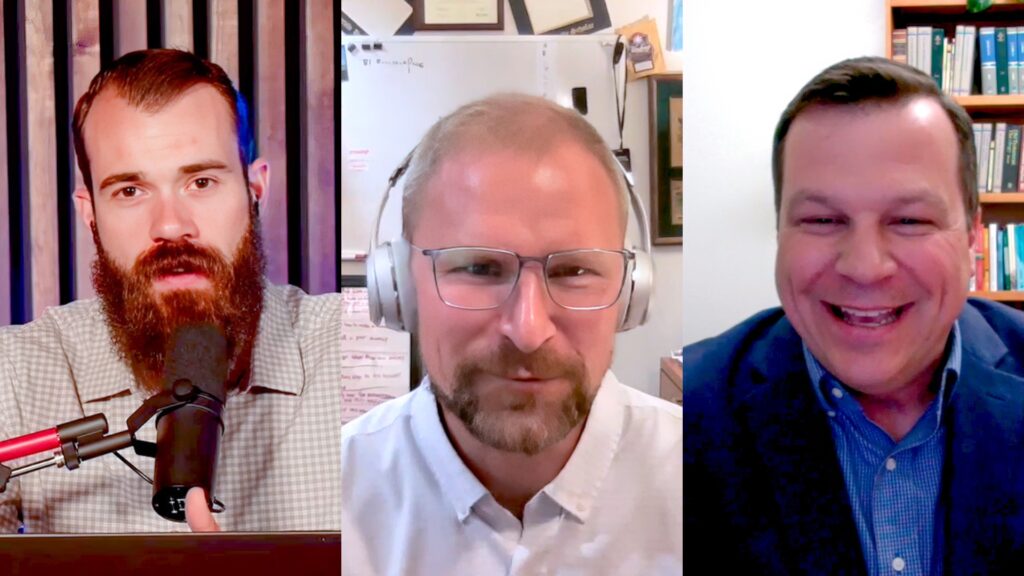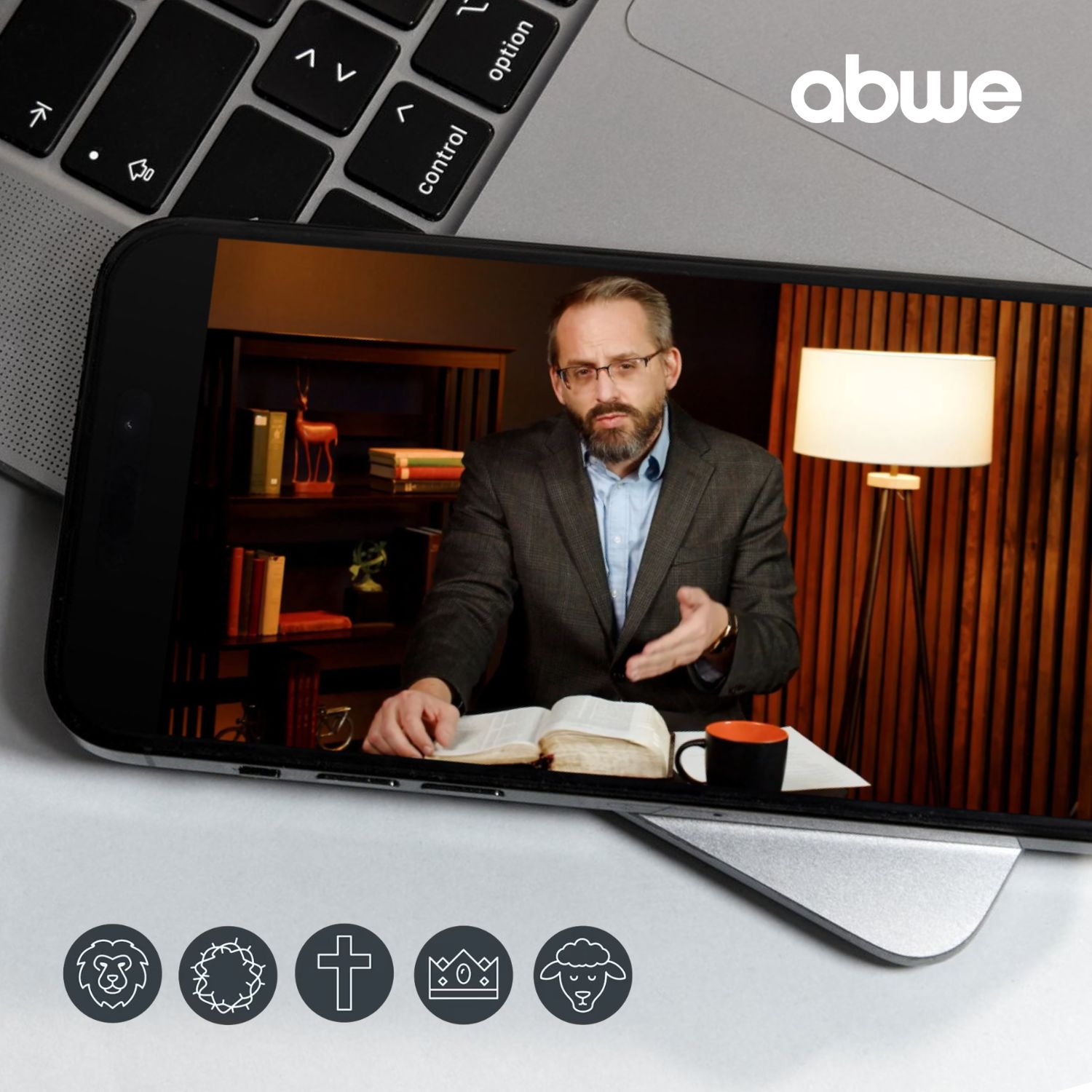The longer we serve in the Great Commission, the more we realize we are not all that important.
We realize we contribute nothing of significance in and of ourselves. We should communicate and serve in a way that less will be said about us and more about Christ. Our job is to be like the pole that Moses used to lift up the bronze serpent in the wilderness. If the Israelites looked to the cursed serpent on the pole, they were healed (Numbers 21:8–9). If people look at us, let’s make sure they do not look to us. Our job is to lift up Christ so that he is remembered and we are not. He must increase; we must decrease.
Paul instructs Timothy to “do your best to present yourself to God as one approved” (2 Timothy 2:15). He doesn’t say to be the best—just do your best. God grants each of us a measure of grace and faith to serve him in Christ (cf. Romans 12:3, 6; 1 Corinthians 3:10). Many reserve unswerving admiration for the most renowned and influential among us—those missionaries who have planted a dozen churches, those professors who keep publishing the most ground-breaking books, those pastors who command a following of thousands, those social media influencers who create cutting-edge missional content, or those relief workers who rescue hundreds of kids from trafficking every year. But these are all just ordinary people. They get pimples, their worn clothes smell, they need to shower, their breath stinks in the morning, they get indigestion, they snore, and they get irritable and impatient. They’re merely people.
We need to come to grips with the fact that we will be just another “begat.” As with the lists of genealogies recording who begat whom in the Old Testament, very few people will ever know our stories. Even fewer will choose to remember them. Every gravestone eventually goes unvisited. Even if one of us is regarded as successful and famous by a future generation, there will likely be a handful of young Ph.D. candidates writing dissertations to show why our lives and works were partially right and mostly wrong. Every generation, including our own, thinks they know better than previous generations. We are all suckers for blind “chronological snobbery,” as C. S. Lewis would say.
The popular seventeenth century preacher and chaplain of Oliver Cromwell’s army, Thomas Fuller, meditated on the genealogy of good and bad kings in 2 Chronicles. Fuller contemplated his own good, fair, and poor influence on his sons. His reflections were so tender and honest. I long to have a humble heart like his –giving thanks for my father’s godly influences on me and hoping that my sinful influence on my own sons will not be perpetuated. As Fuller wrote:
Lord, I find the genealogy of my Savior strangely checkered with four remarkable changes in four immediate generations. (1) Rehoboam begat Abijah; that is, a bad father begat a bad son. (2) Abijah begat Asa; that is, a bad father begat a good son. (3) Asa begat Jehoshaphat; that is, a good father a good son. (4) Jehoshaphat begat Joram; that is, a good father a bad son. I see, Lord, from hence that my father’s piety cannot be entailed [that is, generated in me]; that is bad news for me. But I see also that actual impiety is not always hereditary; that is good news for my son.[1]
Let us not think of ourselves (and others) too highly, but with a right and honest estimation—including historical heroes. Yes, give honor where honor is due, but don’t overstate the case. Remember, God always has the last word. In our finite condition, we often value someone’s worth by their face, their place, and their race. But God looks upon the heart with grace. And all our rewards in the age to come are rewards of grace—Christ at work in us, through us, and for us, to the glory of the grace of our Triune God.
We must not make excuses for perpetual weaknesses, flaws, and imperfections. Understanding our contexts can help us understand who we are, why we struggle, and how we can address the issues. But we still have no excuse. We don’t get a pass. The good news is that we are sinners justified through faith alone in union with Christ—simul justus et peccator. We are not justified by our add-ons and adverbs: faithful enough, sincere in heart, radically obedient, sold out in commitment, totally surrendered, or crazy reckless in our love. Our enough-ness is never enough.
As we pursue Great Commission spirituality, it helps to contemplate our historical “heroes” and even ourselves in an honest evaluation. We can discuss their flaws—and acknowledge our own—with confidence that we have all died with Christ and have been raised with him. The Great Commission life we now live is Christ in us, through us, and in spite of us.
By recognizing this truth, we can maintain an honest perspective on our own strengths and weaknesses. And by extension, we can entertain honest estimations of others too. We are not all weak and broken. Despite the victim mindset of recent years, brokenness and weakness are not virtues. They are not humility. We will be perfectly humble in heaven as virtuous saints, but neither broken nor weak. In this life, godly grief and contrition might serve our virtue, but in heaven, grief and contrition will be as far from us as the east is from the west. Since the bride will see her Bridegroom face to face in love, naked and unashamed as it were, then honesty and humility will remain.
Editor’s Note: This article is an excerpt from the sixth chapter of E.D. Burns’ recently released book Great Commission Spirituality: Abiding in Christ, Serving in Obscurity (Littleton: William Carey Publishing, 2024).
[1] Sherwood Eliot Wirt, ed. Spiritual Disciplines: Devotional Writings from the Great Christian Leaders of the Seventeenth Century (Wheaton: Crossway, 1983), 31.





